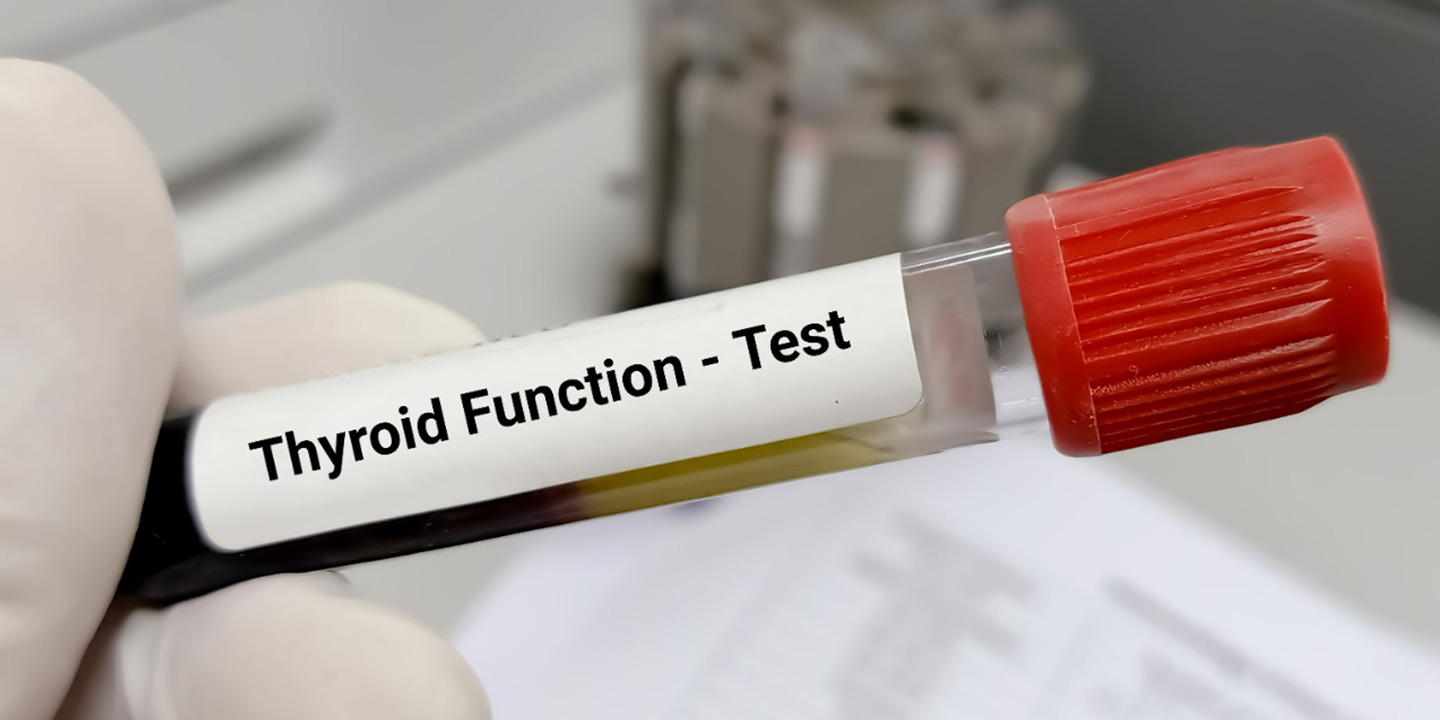The journey to overcome addiction is challenging and multifaceted, often beginning with a crucial step: drug detoxification. Detox is the process of allowing the body to rid itself of drugs while managing the symptoms of withdrawal in a safe and controlled environment. At the heart of this process are the medical professionals who play an essential role in ensuring the safety, comfort, and success of individuals undergoing detox. This article explores the vital role of medical professionals in drug detox facilities, highlighting their responsibilities, the types of care they provide, and their impact on addiction recovery.
The Importance of Medical Supervision in Detox
Ensuring Safety and Managing Withdrawal Symptoms
One of the primary roles of medical professionals in drug detox facilities is to ensure the safety of patients as they undergo withdrawal. Withdrawal symptoms can range from mild to severe and, in some cases, can be life-threatening. For instance, withdrawal from opioids can cause symptoms such as anxiety, muscle pain, and nausea, while withdrawal from alcohol can lead to more severe symptoms like seizures and delirium tremens.
In a rehab in Louisville, medical professionals are equipped to monitor patients’ vital signs and administer medications that can alleviate withdrawal symptoms. By providing round-the-clock care and supervision, these professionals can quickly respond to any complications that arise, ensuring the patient remains stable and comfortable throughout the detox process.
Personalized Detox Plans
Every individual’s experience with addiction and detoxification is unique. Medical professionals in drug detox facilities develop personalized detox plans tailored to each patient’s specific needs. These plans take into account factors such as the type of substance used, the duration and severity of the addiction, and the patient’s overall health.
Personalized detox plans are essential for effective addiction recovery. For example, a patient with a long history of opioid use may require a different approach compared to someone detoxing from a short-term benzodiazepine dependence. Medical professionals use their expertise to create and adjust these plans, providing the best possible care for each individual.
Types of Care Provided by Medical Professionals
Medication-Assisted Treatment (MAT)
Medication-Assisted Treatment (MAT) is a cornerstone of many detox programs. MAT involves the use of FDA-approved medications to reduce withdrawal symptoms and cravings, making the detox process more manageable. Common medications used in MAT include methadone, buprenorphine, and naltrexone for opioid addiction, and benzodiazepines and anticonvulsants for alcohol withdrawal.
Medical professionals in drug detox facilities carefully select and administer these medications, monitoring their effects and adjusting dosages as needed. MAT not only helps patients through the detox process but also sets the stage for successful long-term addiction recovery by reducing the risk of relapse during the initial stages of sobriety.
Psychological Support and Counseling
Detoxing from drugs is not just a physical process; it also involves significant psychological challenges. Medical professionals, including psychiatrists, psychologists, and counselors, provide crucial psychological support during detox. This support may include individual counseling, group therapy, and educational sessions about addiction and recovery.
In a rehab in Louisville, psychological support is integrated into the detox program to help patients address the emotional and mental aspects of addiction. By providing a safe space for patients to express their feelings and learn coping strategies, medical professionals help individuals build a strong foundation for long-term recovery.
Monitoring and Managing Co-occurring Disorders
Many individuals entering drug detox facilities have co-occurring mental health disorders, such as depression, anxiety, or PTSD. Medical professionals play a vital role in identifying and managing these co-occurring disorders, ensuring that patients receive comprehensive care.
For example, a patient with both opioid addiction and severe depression may require antidepressant medications alongside their detox treatment. By addressing both the addiction and the mental health disorder, medical professionals improve the overall effectiveness of the treatment and enhance the patient’s chances of sustained recovery.
The Collaborative Approach in Detox Facilities
Multidisciplinary Teams
Effective addiction recovery in drug detox facilities relies on a collaborative approach involving multidisciplinary teams. These teams typically include physicians, nurses, psychiatrists, psychologists, counselors, and social workers, all working together to provide holistic care.
Each member of the team brings their expertise to the table, ensuring that patients receive comprehensive treatment that addresses all aspects of their health. For instance, while physicians and nurses focus on the medical management of withdrawal symptoms, counselors and psychologists provide emotional support and therapy. This collaborative approach ensures that patients receive well-rounded care throughout the detox process.
Continuity of Care
Continuity of care is crucial for successful addiction recovery. Medical professionals in drug detox facilities work to ensure that patients receive consistent and coordinated care from detox through to the next stages of treatment. This may involve coordinating with other healthcare providers, arranging for follow-up appointments, and ensuring that patients have access to ongoing support services.
For example, after completing detox, a patient may transition to a rehab in Louisville where they continue their recovery journey. Medical professionals in the detox facility will communicate with the rehab center to ensure a smooth transition, providing detailed information about the patient’s treatment and progress. This continuity of care helps to maintain momentum in the recovery process and reduces the risk of relapse.
The Impact of Medical Professionals on Long-term Recovery
Building Trust and Providing Education
One of the most significant impacts medical professionals have on patients in drug detox facilities is building trust and providing education. Trust is essential for patients to feel comfortable and confident in their treatment. Medical professionals establish trust by showing compassion, maintaining open communication, and demonstrating expertise.
Education is another crucial aspect of the role of medical professionals. By educating patients about the science of addiction, the detox process, and the importance of ongoing treatment, medical professionals empower individuals to take an active role in their recovery. This knowledge helps patients understand their condition, set realistic expectations, and develop the skills needed to maintain sobriety.
Supporting Long-term Sobriety
Medical professionals in drug detox facilities play a crucial role in supporting long-term sobriety. By providing medical and psychological care, developing personalized detox plans, and ensuring continuity of care, they lay the foundation for successful addiction recovery. Additionally, their ongoing support and guidance help patients navigate the challenges of early sobriety and build a fulfilling, drug-free life.
For example, a patient who has completed detox may continue to work with a counselor or psychiatrist to address underlying issues that contributed to their addiction. Medical professionals can also connect patients with support groups and community resources, providing a network of support that is essential for long-term recovery.
Conclusion
The role of medical professionals in drug detox facilities is multifaceted and essential for the success of detox and addiction recovery. From ensuring safety and managing withdrawal symptoms to providing psychological support and developing personalized detox plans, medical professionals are at the heart of the detox process. Their expertise, compassion, and collaborative approach create a supportive environment that fosters successful recovery.
In facilities like a rehab in Louisville, the impact of medical professionals extends beyond the initial detox phase, supporting patients in their long-term journey towards sobriety. By building trust, providing education, and ensuring continuity of care, medical professionals empower individuals to overcome addiction and build healthy, fulfilling lives. Their dedication and commitment are vital in the fight against addiction, offering hope and healing to those in need.










